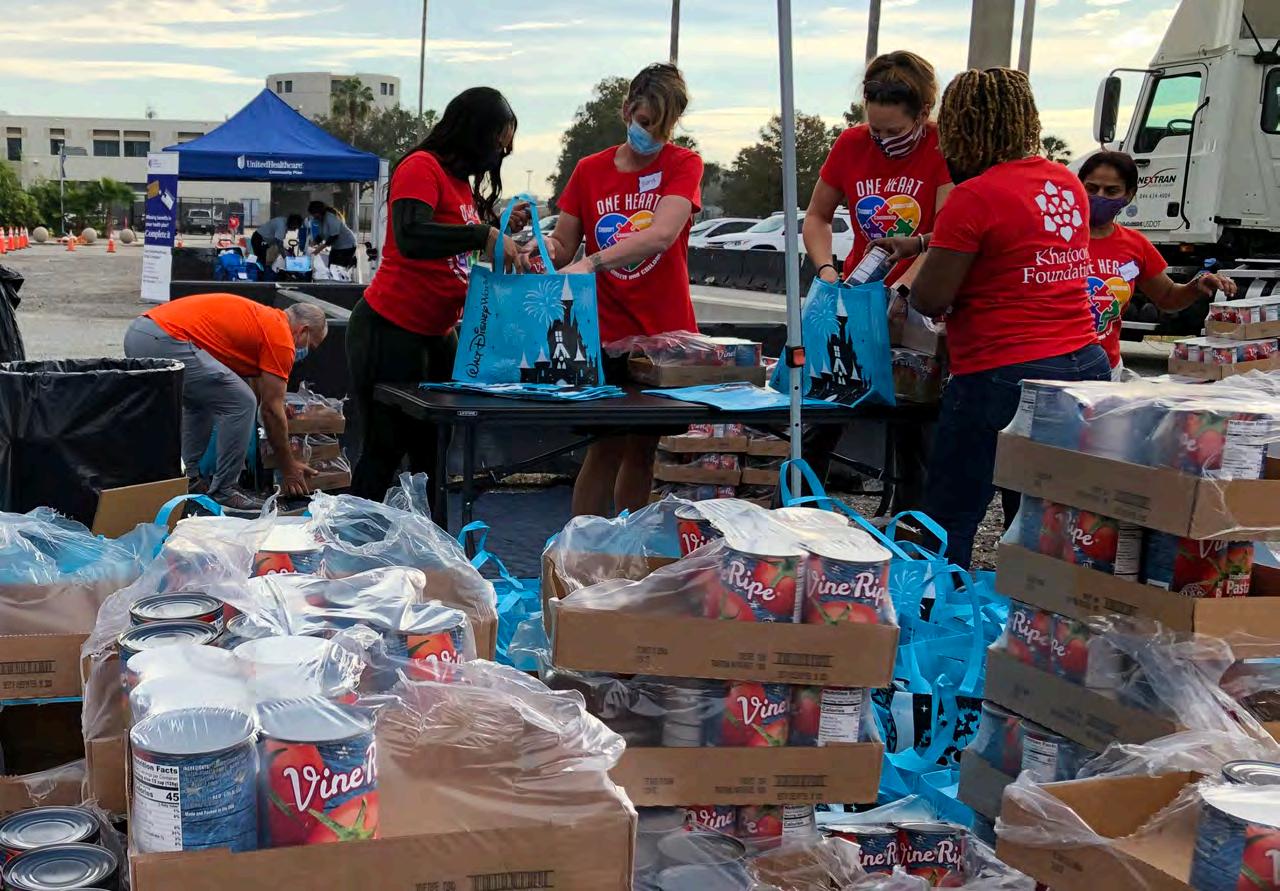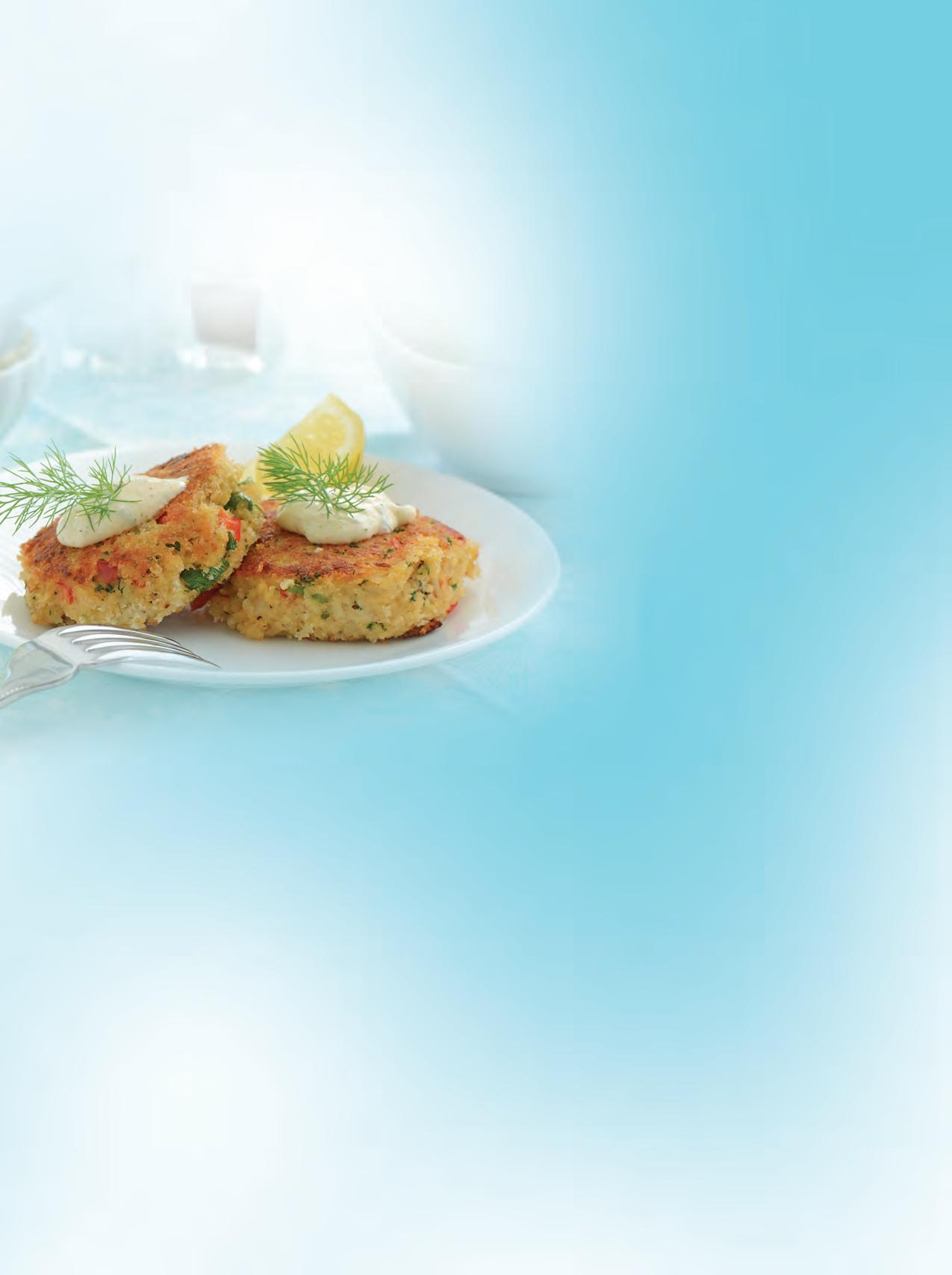
2 minute read
HOMESTYLE
How Your Garden Grows
Learn about what you should be planting in the spring season to make the most of Florida’s beautiful weather.
By Lauren Margolis
Spring officially starts on March 20, and that means gardening season is here as well. While you can technically garden all year-round in Florida, springtime is when many people prefer to plant beautiful flowers. It’s also a great time to start a vegetable garden.
Here, Robert Bowden, the director for Leu Gardens in Winter Park, shares his gardening knowledge and tips for growing your own backyard garden.
What to Grow in the Spring Season
Bowden says there is a short window where the Central Florida climate offers favorable conditions to plant produce such as lettuce, cucumbers, tomatoes, squash and beans in your vegetable garden. Your spring garden will last about two months, which is the perfect amount of time for these plants to produce vegetables that you can use in your kitchen. Once May approaches and the summer hits, Bowden says the intense heat and humidity will be too much for your spring crops.
When to Start Planting
Mid to late March, preferably after the last full moon of the month, is the sweet spot for planting spring vegetable gardens. At this time, the weather is favorable for producing your favorite vegetables ahead of the summer heat.
Expert flower garden tip! Be sure to take out your winter flowers before planting your summer annuals. Bowden says this is important for your garden because the roots of your summer annuals need to be well established to start growing before the hot weather comes. If you wait to plant in the summer, the individual flowers don’t have the ability to get enough water and nutrients in the roots for them to flourish.
How to Make a Compost Pile
A compost pile is a soil conditioner that is rich in nutrients. Composting helps the soil retain moisture, providing your garden with the ability to grow healthier plants. As opposed to fertilizer, which feeds the plants, compost feeds the soil.
It’s easy to make your own compost pile. Bowden says you can include any kind of organic material, including coffee grounds and vegetable stems. He suggests throwing your winter annuals into your compost pile after removing them from your garden so they don’t go to waste. However, avoid putting any type of meat or fat into your compost pile.
When it’s time to transition your garden for summer, Bowden recommends cutting the plant off at ground level instead of pulling it completely. Over time, the roots will decompose and add to the organic matter.
Whether you’re growing a garden of vegetables or pretty flowers this season, utilize these tips and make the most of the beautiful spring weather.












